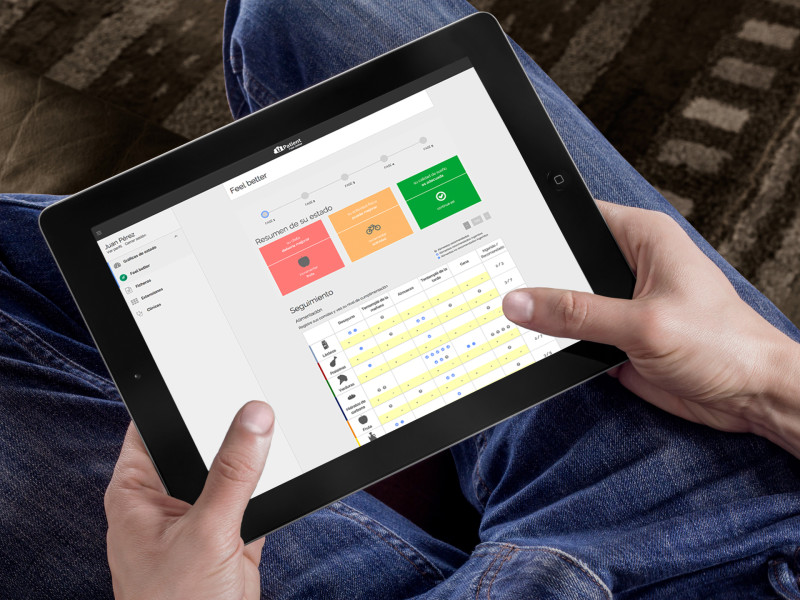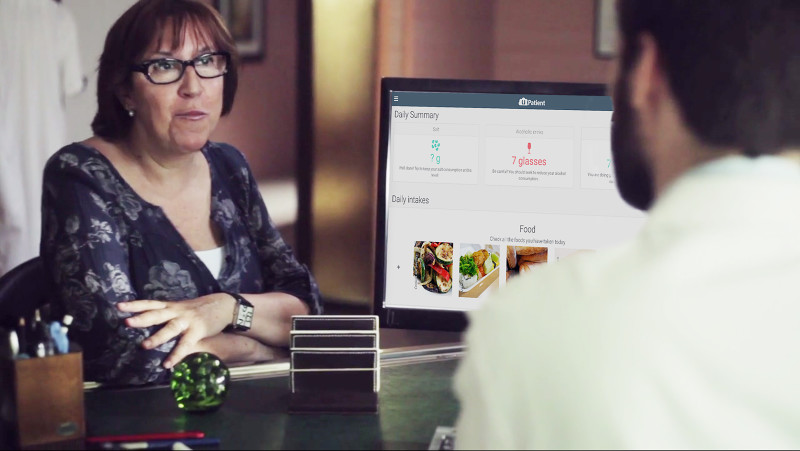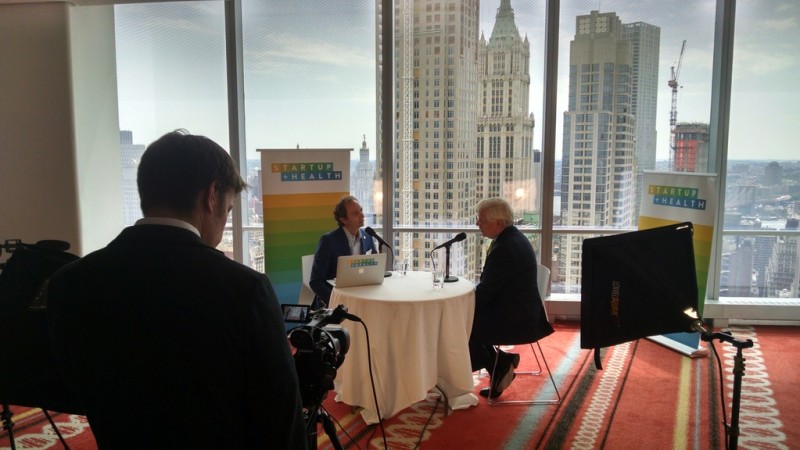Doctors around the world who want to be at the forefront of medicine have many more tools today than they had 20 years ago. Technology and research have come a long way, and primary care is a testing ground for innovative models that embrace these advancements.
While many doctors still practice medicine in an analog world, others are grabbing hold of digital tools to empower their patients and improve human health. These avant-garde clinicians are challenging the assumptions of their predecessors, and bringing medicine into the 21st century.
During the early 1990s, before the Web, mobile, sensor and consumer genomics revolutions made today’s era of digital health advancements possible, “sick care” was at its zenith. For decades, much of the focus of healthcare has emphasized the reactive treatment of acute ailments instead of the proactive focus on wellness. Communication between patients and their providers at this time didn’t have the connected devices and smart tools available today.
Moreover, the process of care delivery (especially in the West) is based on a fragmented system of providers who often don’t collaborate or have access to data to give them an integrated understanding of each patient’s whole-health continuum.

In recent years, research on genomics, the microbiome, brain science and the immune system has changed our understanding of human biology. The quantified-self movement taught us how minute changes in diet or daily activity over time can have lasting impacts—both on gross biology (such as liver or cardiac health) and also on more subtle predictors of health (such as immune health and microbiome activity). And new communications platforms are making it possible to connect the dots, not only between patient and clinician, but also between all those involved in the process of providing care.

